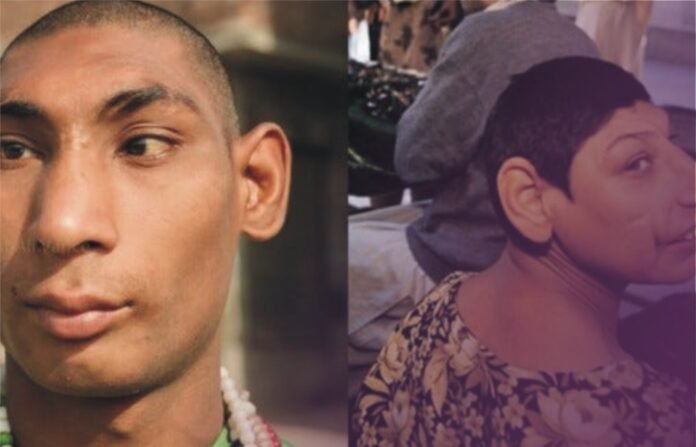Microcephaly is a genetic disease that results in a smaller brain size during the embryonic stage. This severe health condition, which people tend to regard as a curse or a consequence of power, is a serious ordeal for those affected and their families.
In Pakistan, the microcephaly is called the “rat babies” phenomenon because of the small head size of infants, which in turn creates misunderstandings in society. The locals may think that these children have special powers and are therefore vulnerable to being used by begging gangs in urban areas. These gangs benefit from the sympathy of the community, and they transform the children into unwilling actors in their business. Worryingly, it is claimed that some babies are deliberately deformed in order to increase their ‘worth’ as beggars, although this is strongly denied by authorities.
Genetically, microcephaly is associated with mutations such as the WDR62 gene on chromosome 19. This gene, one of the seven genes that have been linked to the condition, is important in the development of the brain. Kousar and the team described the WDR62 mutation in consanguineous Pakistani families and pointed out that the practice of cousin marriage in Pakistan raises the probability of receiving such genetic diseases.
Caring for a sick child and remaining faithful at the same time is not easy. The freedom of religion is respected; however, it does not mean that a child should be allowed to starve to death. Providers must work within these challenges with sensitivity and fight for the best practices while considering the patient’s culture and beliefs.
To fully comprehend microcephaly, one has to look at the genetic causes as well as the social aspects. Therefore, it is crucial to debunk myths and spread medical awareness so that compassion and not superstition define the assistance provided to families in need, with science rather than myths driving the choices made in healthcare.



